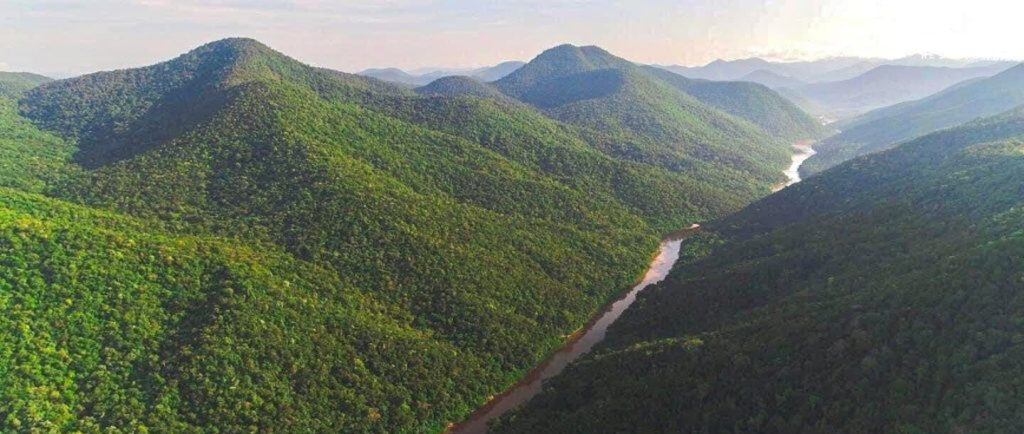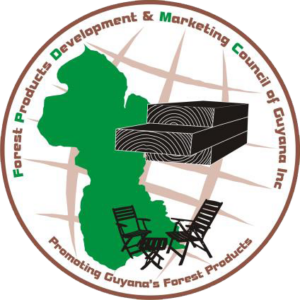
Guyana is one of the most heavily forested countries in South America with 87% of its landmass covered with Pristine Forest. Guyana’s State Forest Estate has approximately 12.5 million hectares of rich biodiversity and is considered a vital asset in the global fight against climate change. Holding one of the lowest deforestation rates (0.05%) in the world, Guyana’s forest houses more than 1000 different varieties of timber species with 52% of the state forest lands allocated for harvesting under sustainable forest management rules and guidelines which have been enacted by the Government of Guyana and regulated by the Guyana Forestry Commission.
Guyana has several forestry certifications that promote sustainable forest management and responsible harvesting practices.
The most well-known certification is the Forest Stewardship Council (FSC) certification, which is a globally recognized certification for forest products that meet rigorous environmental, social, and economic standards. The FSC certification is available for both natural and plantation forests in Guyana, and it covers a wide range of forest products, including timber, non-timber forest products, and eco-tourism.
Another certification available in Guyana is the Programme for Endorsement of Forest Certification (PEFC), which is an international non-profit organization that promotes sustainable forest management through third-party certification. The PEFC certification is recognized in over 40 countries worldwide and covers a wide range of forest products.
Guyana also has its own national certification system, the Guyana Forest Certification Initiative (GFCI), which is a voluntary certification system that promotes sustainable forest management and responsible forestry practices in Guyana.
If a forestry product from Guyana has one of these certifications, it means that it has been produced using responsible and sustainable forestry practices and meets international standards for environmental, social, and economic sustainability.
In addition to these certifications, Guyana has been implementing several sustainable forest management practices and compliance with international standards. Here are some examples:
Reduced Impact Logging (RIL): RIL is a forest management technique that minimizes the impact of logging activities on the environment. It includes techniques such as directional felling, reduced skidding distance, and use of cable yarding to reduce soil compaction.
Biodiversity conservation: Guyana’s forest management practices include measures to conserve biodiversity, such as the protection of endangered species and their habitats.
Participatory forest management: Guyana has implemented a participatory forest management program that involves local communities in decision-making processes related to forest management.
Payment for ecosystem services: Guyana has implemented a program that provides financial incentives to communities for maintaining ecosystem services, such as carbon sequestration and biodiversity conservation.
Forest monitoring and enforcement: Guyana has established a forest monitoring system that tracks changes in forest cover, carbon stocks, and biodiversity. The government has also established a forest enforcement unit to ensure compliance with forest regulations and combat illegal logging.
PFEC By implementing these sustainable forest management practices, Guyana is promoting the conservation of its forests while also ensuring that the timber products it exports are produced in an environmentally and socially responsible manner.
